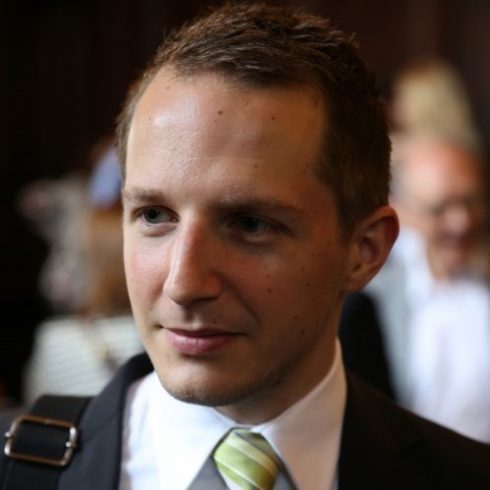– Marco Haenssgen –
Assistant Professor in Global Sustainable Development
School for Cross-Faculty Studies The University of Warwick
Dr Marco J Haenssgen is a social scientist with a background in management and international development and experience in aid evaluation, intergovernmental policy making, and management consulting. His research emphasises marginalization and health behaviour in the context of health policy implementation, technology diffusion, and antimicrobial resistance (AMR). His AMR-related research in Southeast Asia focuses on population behaviour, how people understand antibiotics and illness, their constraints in accessing healthcare, and the intended and unintended consequences of AMR interventions. His research also involves antibiotic-related public engagement activities with villagers in northern Thailand and southern Lao PDR. His current AMR-related research projects include:
Antibiotics and Activity Spaces (Thailand, Lao PDR): A survey of 4,800 villagers in Chiang Rai (Thailand) and Salavan (Lao PDR) to better understand (1) how people access healthcare and what actually counts as “problematic” antibiotic use, (2) whether antibiotic-related information from educational activities spreads or simply evaporates in village community networks, and (3) whether there are simple “early warning” indicators (e.g. specific symptoms) to detect whether people are likely to have “problematic” antibiotic use. The surveys are currently being implemented by 10-member survey teams in each country and expected to be finished in April 2018. This project is funded by the Antimicrobial Resistance Cross Council Initiative supported by the seven research councils in partnership with the Department of Health and Department for Environment Food & Rural Affairs (grant ref. ES/P00511X/1, administered by the UK Economic and Social Research Council).

Antibiotic Supply and Demand (Thailand): A related qualitative study that focuses in particular on the interplay of healthcare demand and supply of economically and socially less privileged groups in Chiang Rai. The qualitative work involves interviews with members of the general population as well as private and informal healthcare providers, and aims to inform and develop the theory of supply-induced demand at the interface between the general population and health systems.

The Social Context of Biomarker Testing to Reduce Antibiotic Prescriptions (Thailand, Myanmar): This social research project is integrated into a clinical study led by Prof Yoel Lubell to test the effect of C-reactive protein (CRP) biomarker tests (finger-prick blood tests) on the antibiotic prescription behaviour of nurses and doctors in primary care health centres in Chiang Rai (Thailand) and Yangon (Myanmar). Drawing on qualitative data from 131 respondents, the social research contributes to a better understanding of (a) the quantitative outcomes of the clinical trial, (b) how the introduction of a new diagnostic technology interacts with existing behaviours and conceptions among patients and healthcare workers, (c) the cross-cultural differences in behaviour in Southeast Asia, and (d) contextual factors that influence the effectiveness and usefulness of clinical interventions at the primary care level.

Further information on Marco is available on his institutional profile page.
 Share
Share






Commentary
The latest commentary on the use of antimicrobials in society.
Care-ful collaboration: reimagining ethnography in transnational global health...
In this AMIS Commentary, Alice Tompson presents reflections on the collaborative working of the Antimicrobials in Society research teams, based...
AMR Training for Social Scientists
In this Q&A, Karlijn Hofstraat and Danny de Vries tell us about their “SPECIAL-SOC AMR” curriculum, a fantastic learning resource...
AMIS Final Report
We are delighted to release our AMIS Final Report. The report summarises the key activities, findings and outputs from the...